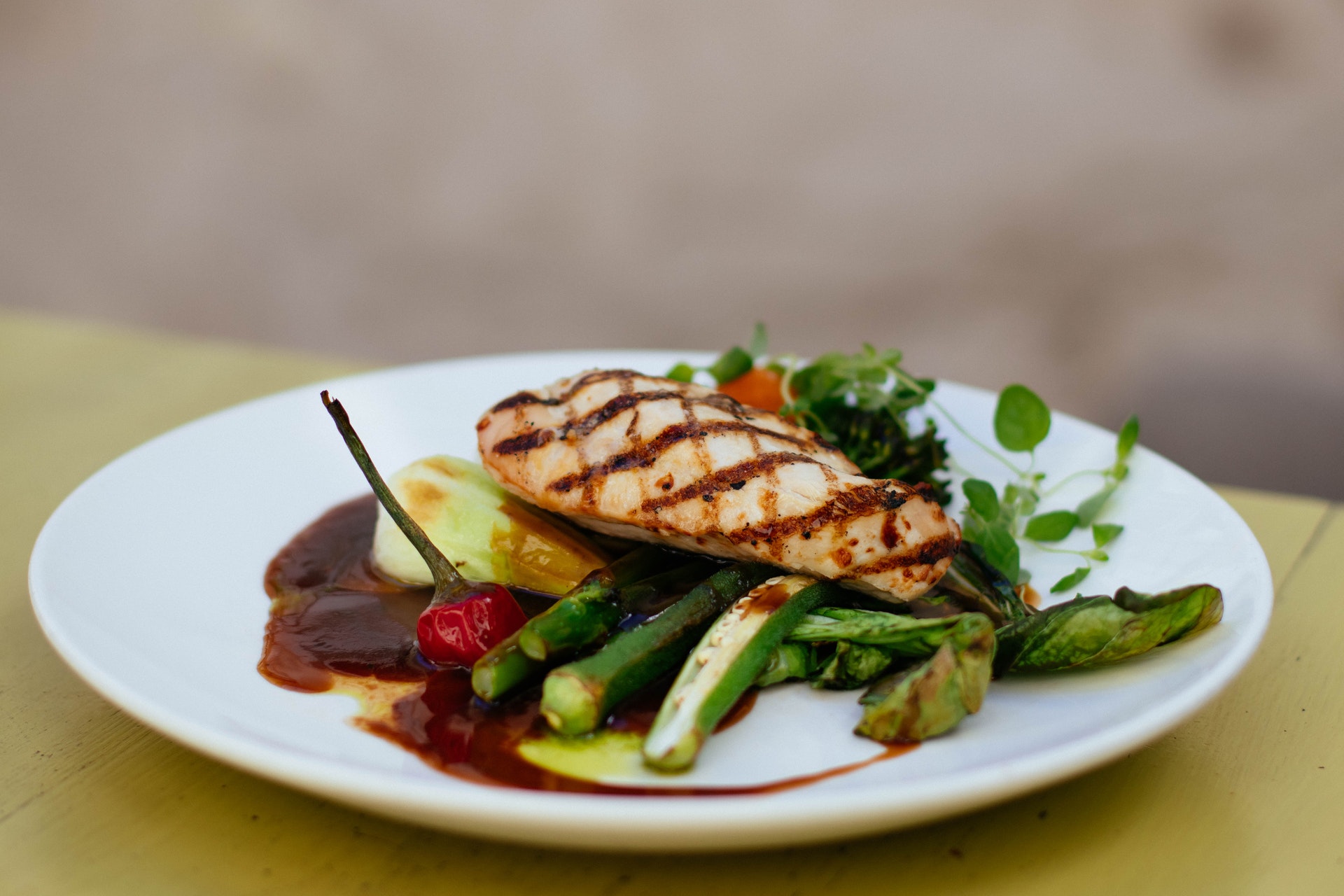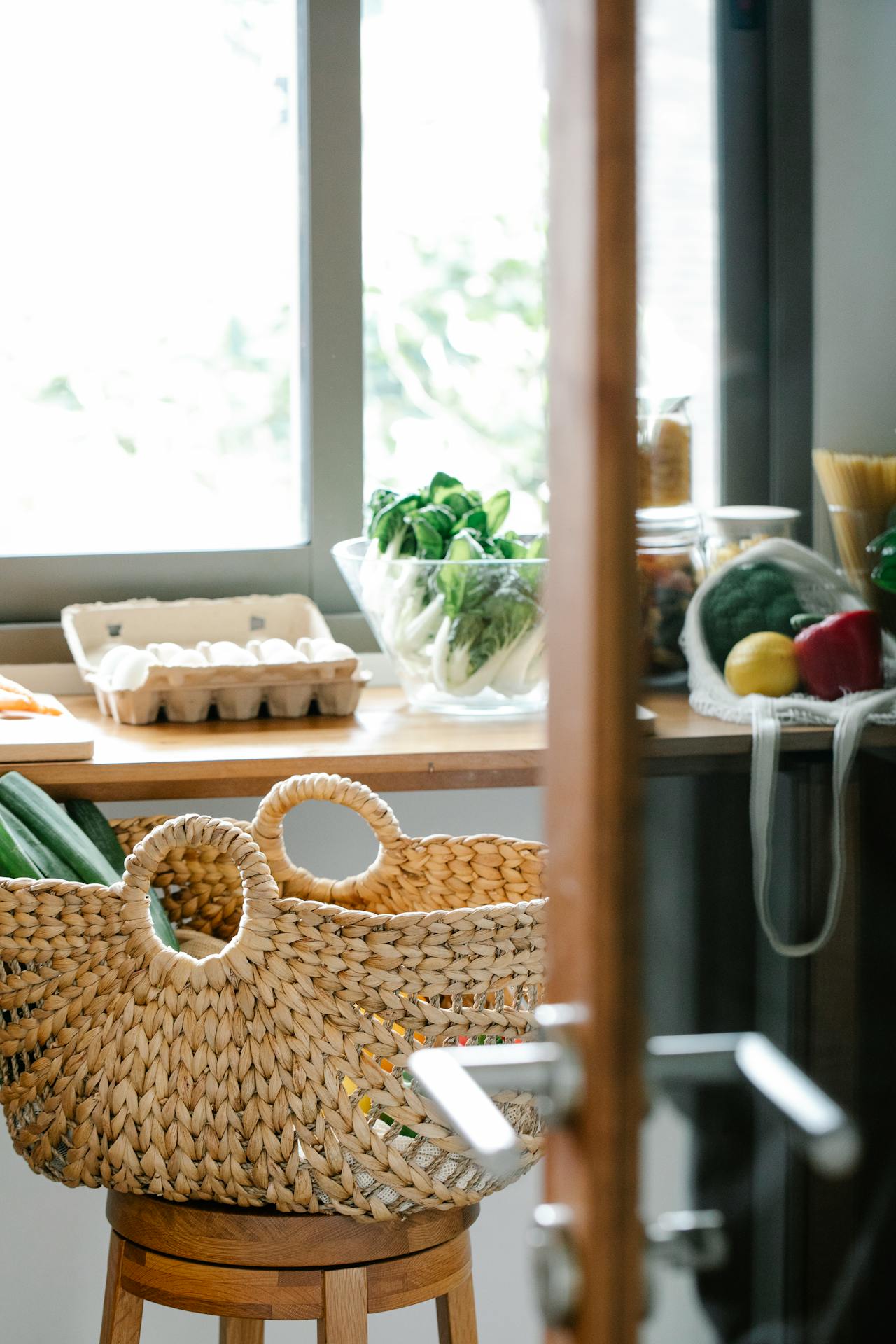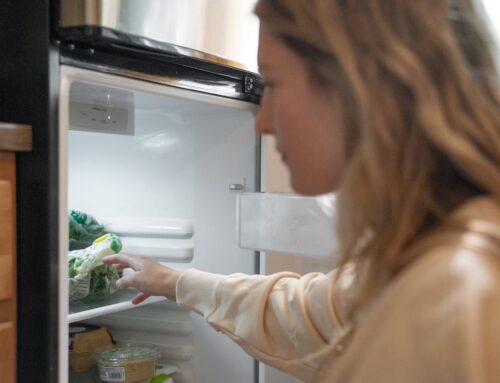Navigating Food: Doggie Bag or Not?
In the realm of hospitality and entertaining, the question of what to do with leftover food often arises. While the instinct may be to send guests home with generous portions of leftovers, it’s essential to strike a balance between hospitality and practicality. Should we give food to our guests? Is it required? Let’s explore these questions and consider strategies for managing food leftovers gracefully.
The Tradition of Giving Food to Guests
For centuries, offering food to guests has been a universal symbol of hospitality and generosity. It’s a way to show appreciation for their presence and ensure they leave feeling satisfied and cared for. In many cultures, it’s considered customary to send guests home with leftovers as a token of gratitude.
The Practical Considerations
However, in today’s world, where food waste is a significant concern and resources are often stretched, there’s a growing awareness of the need to manage leftovers more thoughtfully. While the intention behind giving leftovers is noble, it’s essential to consider practical factors such as food safety, environmental impact, and personal preferences.
Balancing Hospitality and Practicality
So, how do we strike a balance between hospitality and practicality when it comes to managing food leftovers?
- Communicate with Guests: Before the event, communicate with your guests about your plans for leftovers. Let them know if you’ll be sending food home with them or if you have other plans for the leftovers.
- Portion Control: Plan your menu and portion sizes thoughtfully to minimize leftovers. Consider serving smaller portions or offering a variety of dishes to prevent excess food from going to waste.
- Offer Options: Instead of automatically packing up leftovers for guests, offer them the option to take food home if they wish. Some guests may appreciate the gesture, while others may prefer not to take anything.
- Packaging: If you do decide to send leftovers home with guests, consider using eco-friendly packaging options to minimize environmental impact.
- Donate or Repurpose: If you have leftover food that won’t be consumed, consider donating it to a local food bank or shelter. Alternatively, get creative and repurpose leftovers into new dishes to enjoy later.
- Express Gratitude: Regardless of whether you send leftovers home with guests, express your gratitude for their presence and participation in the event. A heartfelt thank-you goes a long way in making guests feel appreciated.
In conclusion, while giving food to guests has long been a tradition rooted in hospitality, it’s essential to approach the issue of leftovers with thoughtfulness and consideration. By striking a balance between hospitality and practicality, we can ensure that guests feel welcomed and valued without contributing to food waste. Ultimately, the decision to give food to guests should be guided by mutual understanding and respect for everyone’s preferences and the environment.

John Lee – Nourish + Flourish







